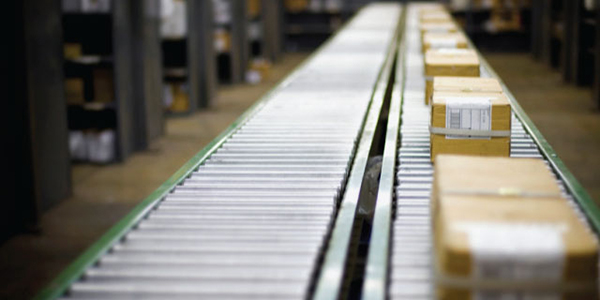On February 14, 2018, the FDIC Board of Directors adopted a rule to permit the removal of "external credit ratings".
"The final rule removes references to external credit ratings and replaces them with appropriate standards of creditworthiness."
In other words, as long as a bank makes under $1 billion in total assets it doesn't need to reference external credit ratings in order to label an asset or security as "investment grade". These classifications are used for capital allocation and pledged assets. The rule reduces the need to classify assets as investment grade with a much lower bar -- as of this ruling "An entity has adequate capacity to meet financial commitments if the default risk is low, and the full and timely repayment of principal and interest is expected."
The rule also "adds cash to the list of assets eligible for pledging and separately lists Government Sponsored Enterprise obligations as a pledgeable asset category."
So mortgaged backed securities are now considered pledgeable assets as well as cash? And, if you have cash, why do you need to pledge assets?
Household Debt Jumps as 2017 marks the 5th consecutive year of annual growth based on the latest Quarterly Report on Household Debt and Credit.
The report reveals that total household debt reached a new peak in Q4 of 2017, rising $193 billion to reach $13.15 trillion. Balances climbed:
- 1.6% on mortgages,
- 0.7% on auto loans,
- 3.2% on credit cards; and,
- 1.5% on student loans.
According to the Empire State Manufacturing Survey, a monthly survey of manufacturers in NY conducted by the Federal Reserve, the general business conditions index fell five points to 13.1.
This suggests a "slower pace of growth than in January". This at a time when the stock market was setting new highs. Perhaps the most notable takeaway is a remark about input prices and prices paid which confirms a theory of higher inflation. According to the report, "Input price increases picked up noticeably, with the prices paid index
reaching its highest level in several years." The highest level in several years is quite significant. So companies are paying more for inputs and they are charging more for products and services. I wonder who is paying for those products and services?
A report by the Fed regarding jumbo loans -- these are loans that are over ~$625,500 -- suggests the number is growing.
According to the Fed, there's been a marked increase in the number of jumbo loans on the market today. This isn't surprising because banks have an unlimited amount of capital to lend due to quantitative easing and the $2.2 trillion sitting in reserves at the Fed. This post shows how "the
supply of jumbo mortgages has improved in recent years as banks have
become more willing to take on mortgage credit risk on their own balance
sheets".
Final Thoughts: The Fed has been waiting on inflation to go above 2% to raise rates. The truth is, inflation has been over 2% since 2008. It went up and never really came back down. Meanwhile, the Fed kept rates artificially low and corporations have taken advantage of the loophole by using stock buybacks to artificially push up earnings. Now it's too late to raise rates, the economy is about to crash on its own.
